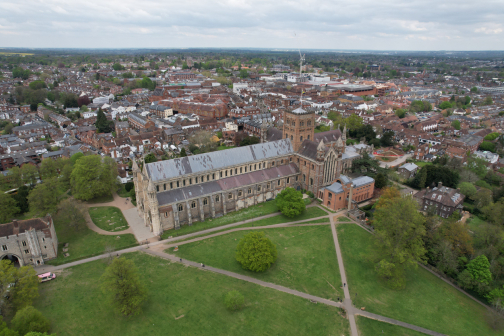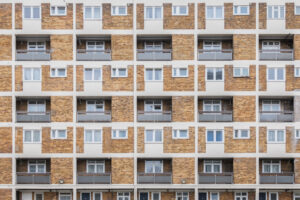St Albans Council’s Decision to Cease Prayers Sparks Debate

In a decision that has stirred discussion in St Albans, the city council has voted to discontinue the practice of holding prayers before official meetings, a move that has drawn criticism from local religious leaders.
Liberal Democrat Sinead Howland, a member of the St Albans City and District Council, put forth the motion to end pre-meeting prayers, arguing that the practice could alienate some councillors, making them “feel like an outsider in their own chamber.”
The council approved the proposal by a margin of 25-20, marking a shift towards a more secular approach in council proceedings.
Rev Peter Crumpler from St Paul’s Church expressed his disappointment with the decision in a statement to the BBC, suggesting that it inadvertently excludes individuals of faith. “This isn’t a decision taken against the Christian community, it’s a decision to make the council meetings no-go areas for religion,” Crumpler remarked.
He further commented, “Although many people in St Albans would have a faith, and many people in St Albans would be sympathetic to faith, the council is saying ‘No, we want no overt space for this in our council meetings’, and I think that’s a shame.”
Traditionally, many councils across England begin meetings with prayers led by a local religious leader, and these prayers are not exclusively Christian.
Howland defended the council’s decision, emphasizing inclusivity and arguing that eliminating prayers could foster a “neutral and professional environment where all members can begin their work on equal footing.”
To accommodate personal reflection, the council will allow a minute’s silence during which members can pray or reflect privately if they choose.
The move comes amid broader discussions within the Liberal Democrat party, where members were recently reminded to “be liberal” following accusations of violating equality laws against Christians and those with “gender critical” beliefs.
This article was originally written by www.christiantoday.com






